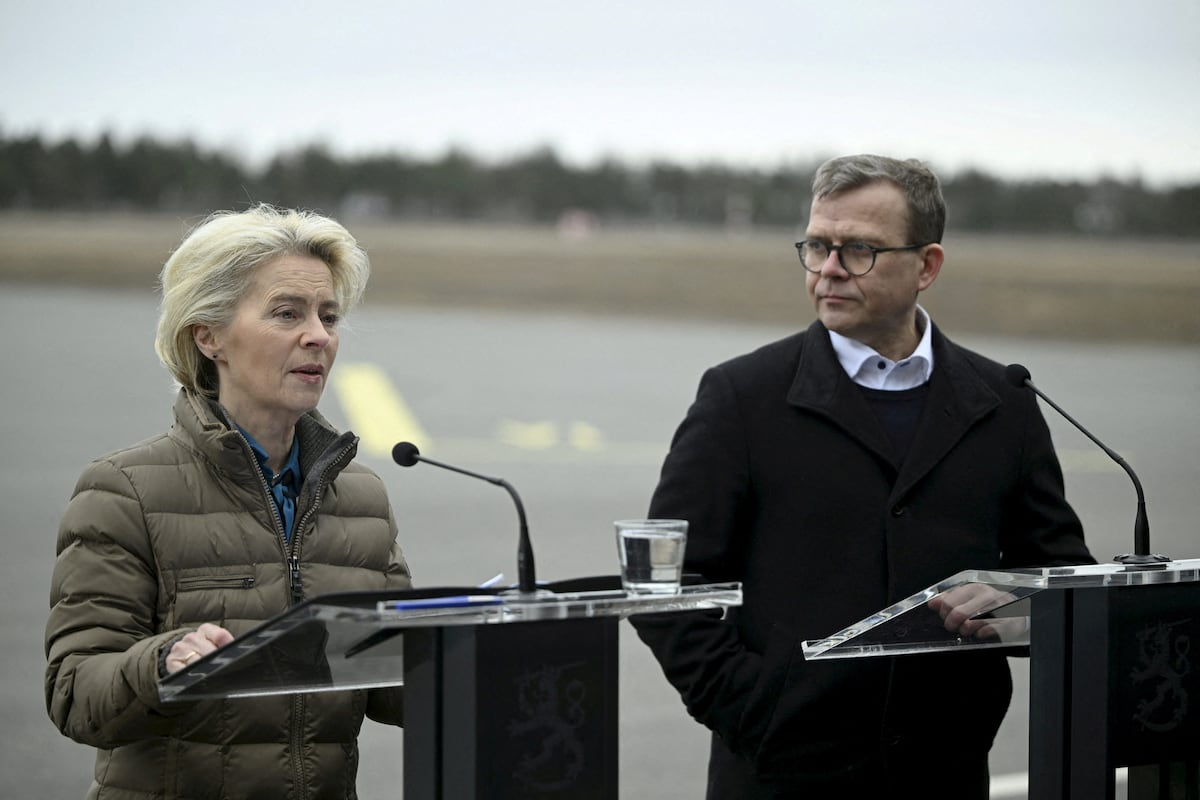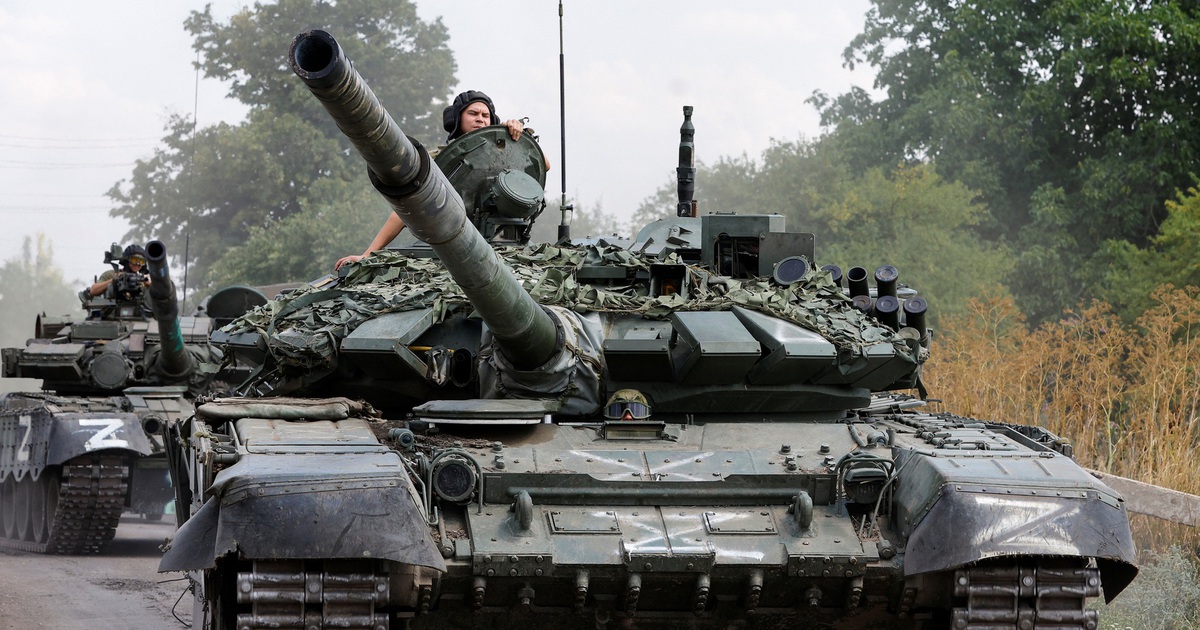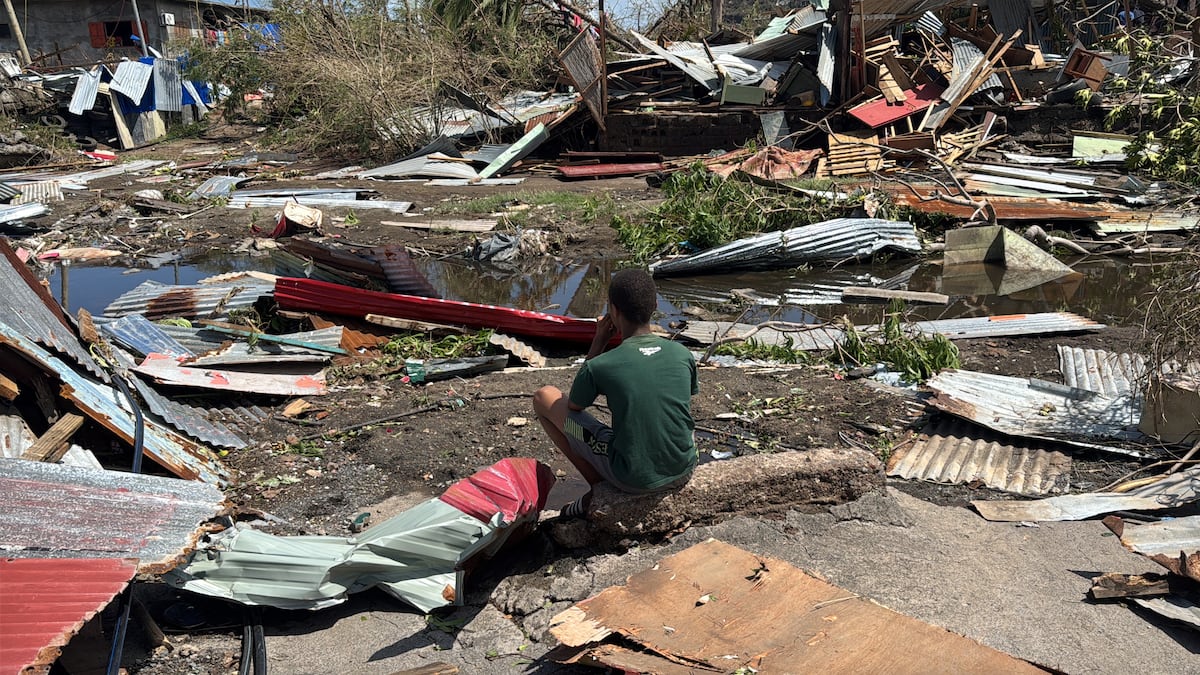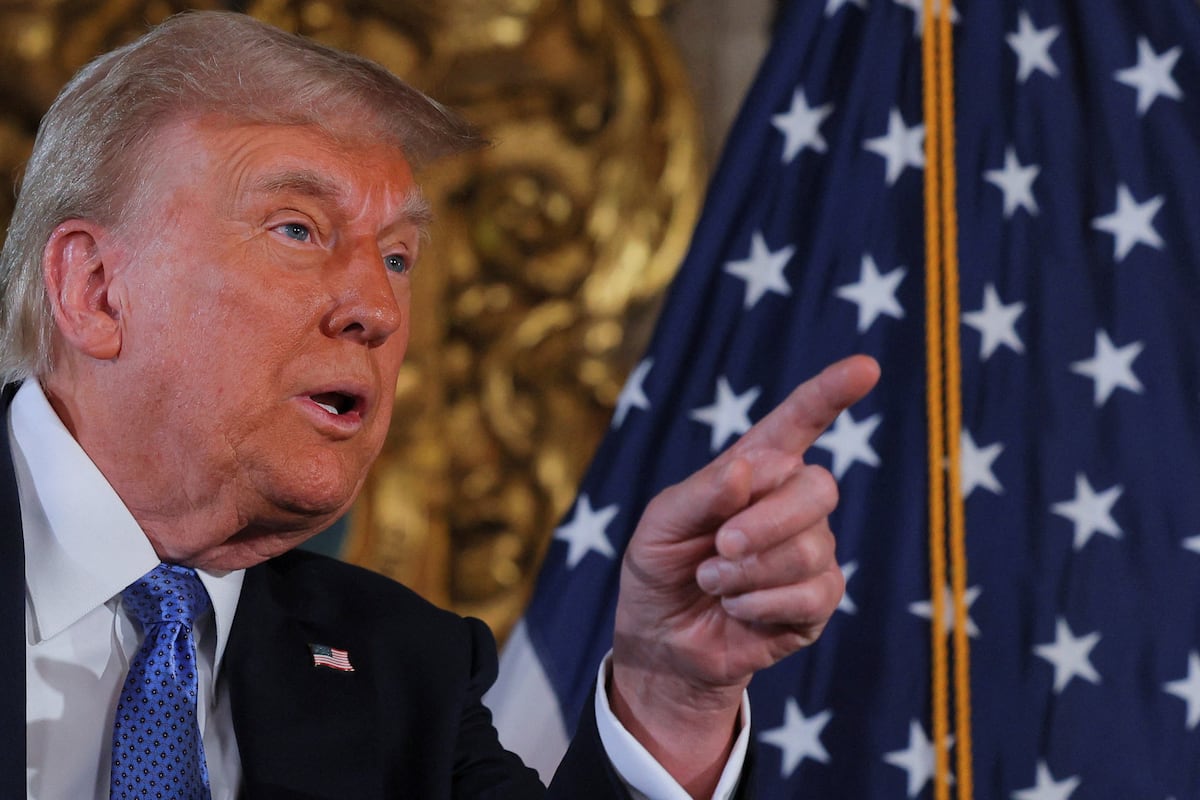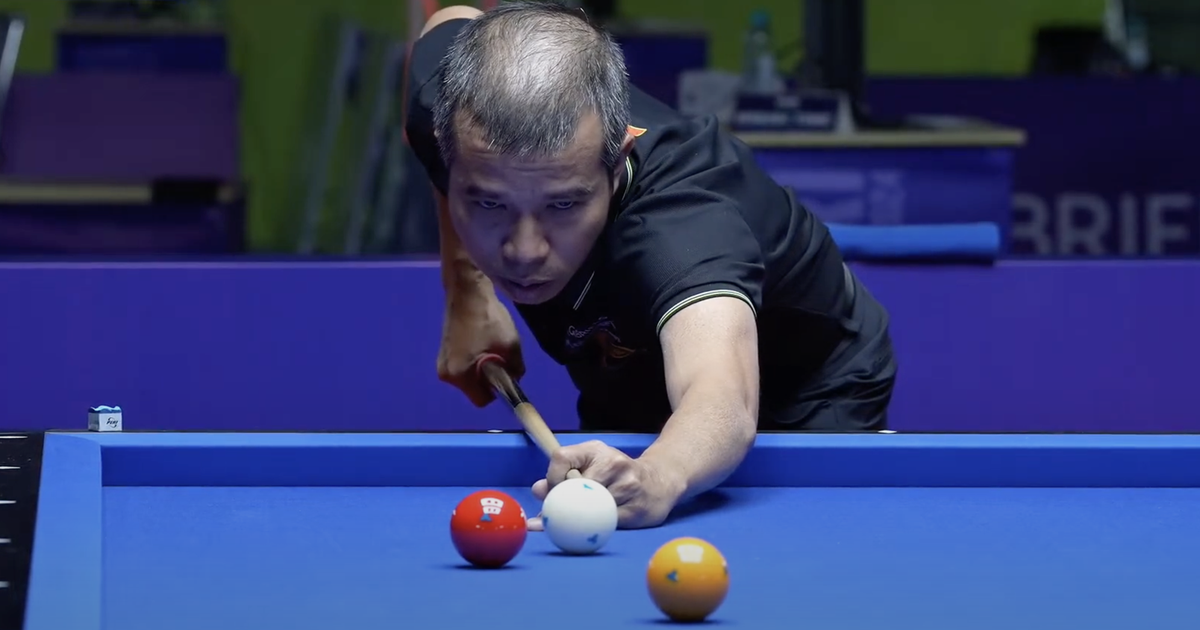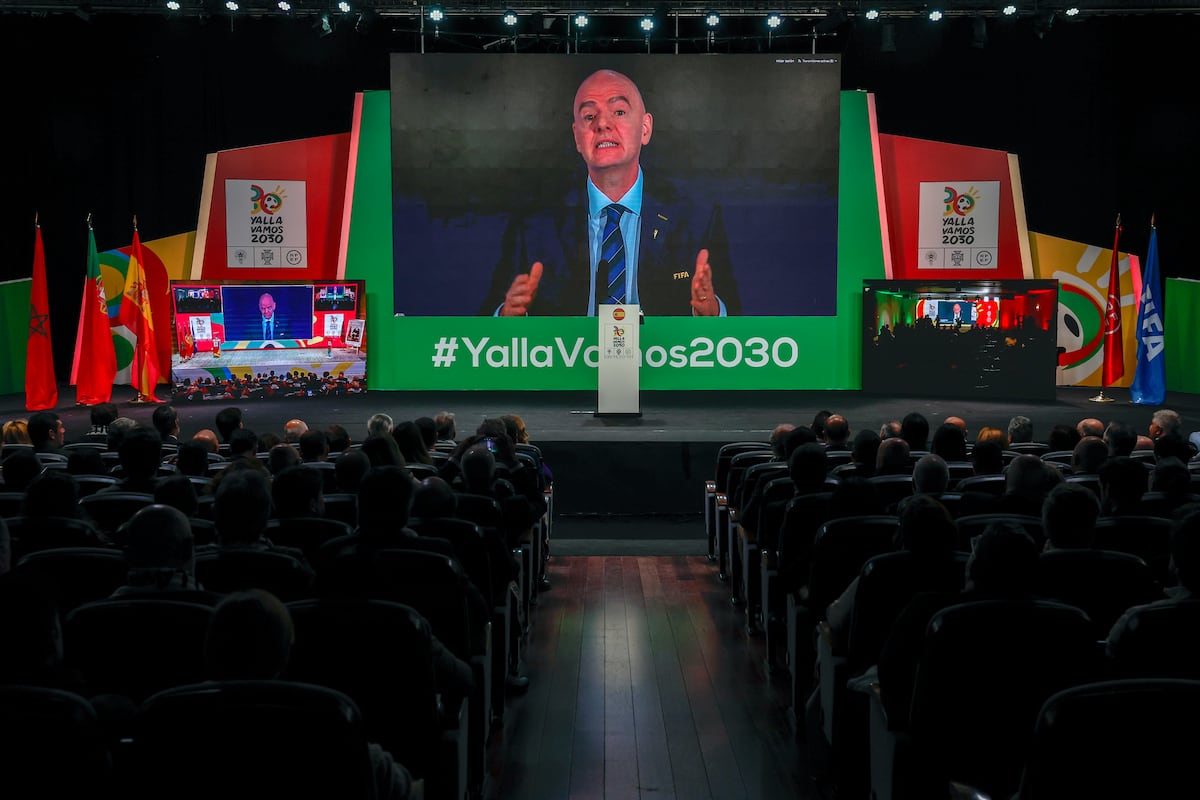The European Commission sees the flows of migrants arriving across the eastern border, with the help of Russia and Belarus, as a threat not only to the eastern border countries, but to the entire EU. In one more step on the path of toughening migration, Brussels supports that the affected countries suspend the right to asylum and also carry out the so-called hot returns, as long as it is in an extraordinary way – criteria and conditions that it does not define – and limited in time. The Community Executive has clarified its position on the reinforcement of borders and security with respect to the Kremlin’s hybrid war, in a communication made public this Wednesday in Brussels, which plans a new package of 170 million euros to help the countries of the eastern flank to improve its technologies to protect its borders.
“We have a serious and persistent situation on the eastern borders of Europe,” said this Wednesday the Community Vice President for Technological Sovereignty, Security and Democracy, Henna Virkkunen, who assured that this type of Russian threat “has gone up a notch.” “We talk about the use of migration as a weapon. We are not talking about migration, but about security and protecting the EU,” the Finn added in an appearance in Brussels. “The Union will not allow any hostile State to abuse European values,” stressed the head of the Community Executive, Ursula von der Leyen, in a statement.
Brussels had already supported Latvia, Lithuania and Poland in 2021, with the first wave of asylum seekers crossing from Belarus aided and used by the Kremlin to destabilize those countries. This reality gave rise to a specific chapter in the migration pact—pending implementation—that contemplates these situations.
The Commission’s clear statement on asylum and hot returns comes, in fact, months after Finland and Poland limited the right to international protection and closed several border crossings with Belarus and Russia after an increase in crossings. Until now, the community Executive had agreed to these actions with a kind of administrative silence. Now, he endorses them black on white.
“Decision and firmness”
The Commission believes that Member States bordering Russia and Belarus must be able to act “decisively and firmly” to control their borders, which are those of the EU. Within that responsibility and that of safeguarding internal security and maintaining public order, Brussels believes that it may need to temporarily suspend the right to asylum and practice immediate returns, in an “exceptional” manner and “in view of the seriousness of the threat.” , as well as its persistence, for the security of the Union and the territorial integrity of the Member States, the Member States.”
The community Executive speaks that all this must be done respecting community law. But there are cracks. In 2020, the Strasbourg Human Rights Court endorsed the immediate returns of immigrants who jump the fence in Ceuta and Melilla.
“Russia and Belarus, or any other country, cannot be allowed to abuse our values, including the right to asylum, and undermine our democracies,” says the communication made public by the Commission this Wednesday. “Russia’s actions have not only brought war back to the European continent, but have also created a sense of insecurity and instability, reinforced by the intensification of provocations and the use of hybrid war tactics, such as the use of immigrants as arms”
The Commission assures that this year, irregular arrivals at the borders between the EU and Belarus have increased considerably (66% in 2024 compared to the same period in 2023), in particular at the border between Poland and Belarus. This is due, they say, also to the participation of the Belarusian authorities in facilitating the crossings, that is, authorizing access to the border area and equipping migrants with ladders and other devices. According to data from the Community Executive, more than 90% of immigrants who illegally cross the border between Poland and Belarus have a Russian student or tourist visa; which implies, says Brussels, that the Russian authorities facilitate these movements.

